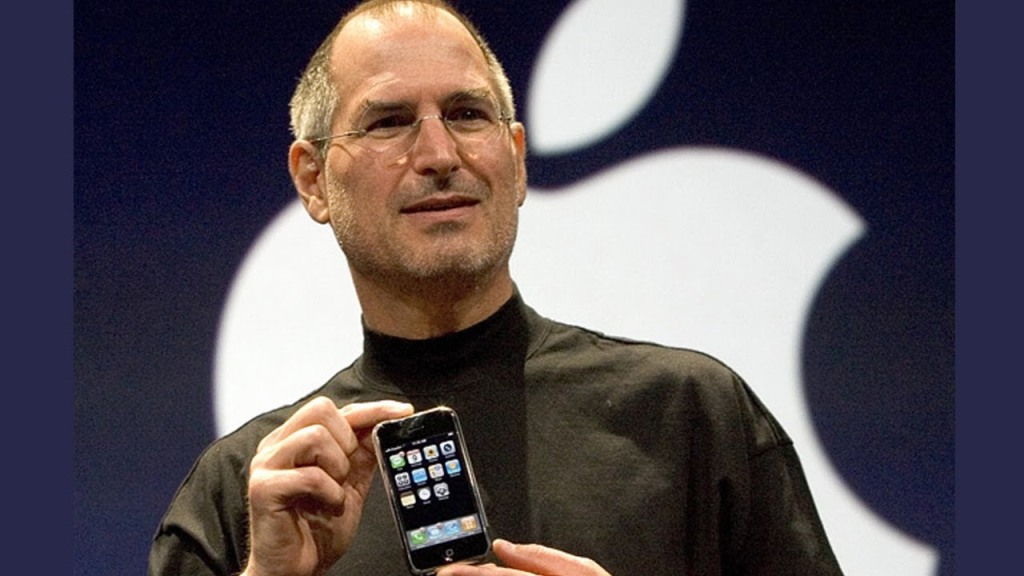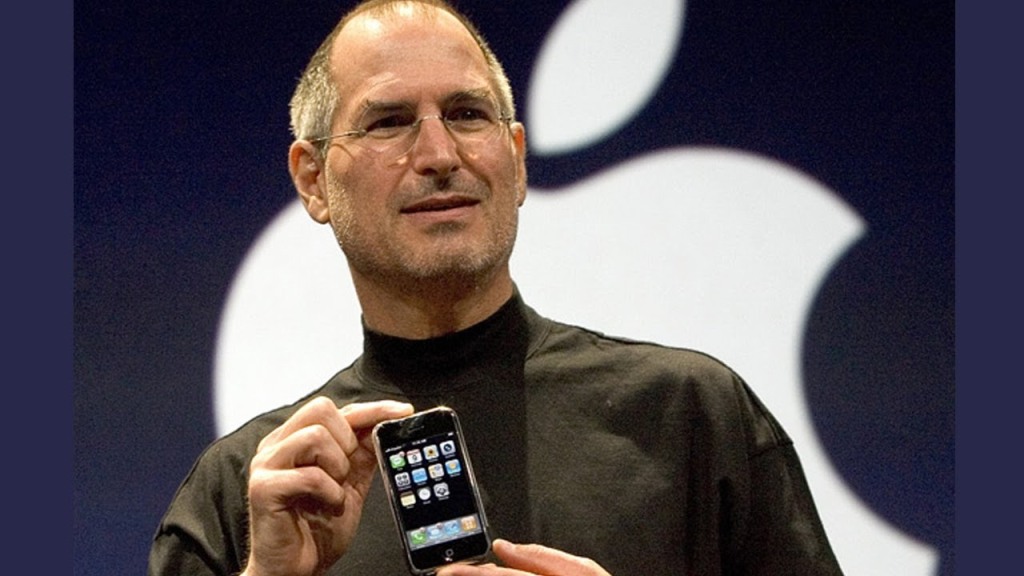By Nicholas Knoth

The words “COVID”, “Pandemic”, and “Social Distancing” circle through my head all day and I’m sure I’m not alone. So, I decided to find an activity that would keep me busy for a while. I chose to pick one product, invented in the last twenty years, that I think has had the most influential impact and then reflect upon those impacts. As I browsed the internet looking for products to write about, I realized that the answer was right in front of my eyes. In my hands, I should say.
While there have been countless significant technological advancements over the past decades, the single most influential technological invention was the iPhone back in 2007. Along with its successors, the iPhone would go on to change the world in profound ways not only in the technological realm but also in social norms, and the global economy.
The invention of the iPhone started the global pursuit to make consumer technology more powerful than ever before and to make it accessible to the masses. In the years following the initial release, owners of the iPhone were widely considered early adopters. Additionally, since the iPhone boasted a hefty price tag, there was a prestige factor associated with owning one. Nowadays, however, owning a smartphone is not necessarily rare or prestigious as there are dozens of companies such as Nokia and Motorola that produce them at unimaginable scales and can sell them for under one-hundred dollars by offering slightly fewer features than more expensive alternatives. On the other hand, companies like Apple and Samsung stand out with their flagship phones costing well over a thousand dollars. These phones offer near-professional level cameras, facial-recognition technology, and incredible processing speeds capable of running games and programs that before could only be run on bigger desktop computers. Although these rapid technological advancements in smartphones are driven by the invention of the iPhone in 2007, the iPhone also inspired new forms of technological advancement seen in new consumer devices such as tablets and smartwatches.
The invention of the iPhone also significantly affected social normalities. This is one of the most noticeable effects of the iPhone. One can go to any public space, say a subway station or even a park, and find the majority of people staring down at their screens. Although some may consider this antisocial behavior, it is increasingly being accepted as being normal.
More importantly, the world began to digitize tasks and activities that before could have only been accomplished in person. Three examples are dating, shopping, and learning. Nowadays, finding dates has become easier than ever before. Apps like Tinder and Bumble pair individuals based on their interests, thus eliminating the need to go out and meet new people the traditional way. Likewise, shopping has become more convenient than ever before through the works of Amazon’s two-day delivery guarantee. In fact, Amazon reported delivering roughly two and a half billion packages during 2019 (Business Insider, 2019). This is an unfathomable number that demonstrates how widely adopted online shopping has become. Although online learning has had a more significant effect on our lives more recently due to the COVID-19 outbreak, online learning has been digitalized over the last few years through services like Youtube and Khan Academy in which educators can post lessons online. By no means are these digitized versions of activities perfect, but they are concrete steps towards a world in which our phones have unlimited power and possibilities.
The invention of the iPhone also sparked a new industry: the mobile market. The invention of the iPhone has created millions of jobs around the world both directly, through employment at Apple, and indirectly, through the creation and development of expansive supply chains. The continuous demand for this technology plays an influential role in fueling international corporations producing components used in smartphones but also more recent innovations such as smartwatches and tablets. At the end of 2019, the global mobile market was worth 700 billion USD (Mordor Intelligence, 2019). This figure speaks to the profound effect that the birth of the iPhone has had on the global economy over the past decade.
As the world is forced to interact primarily through virtual means amid the global lockdown, technological innovations like the iPhone evidently play a bigger role than ever before in keeping businesses alive, communities connected, and students busy.







You must be logged in to post a comment.